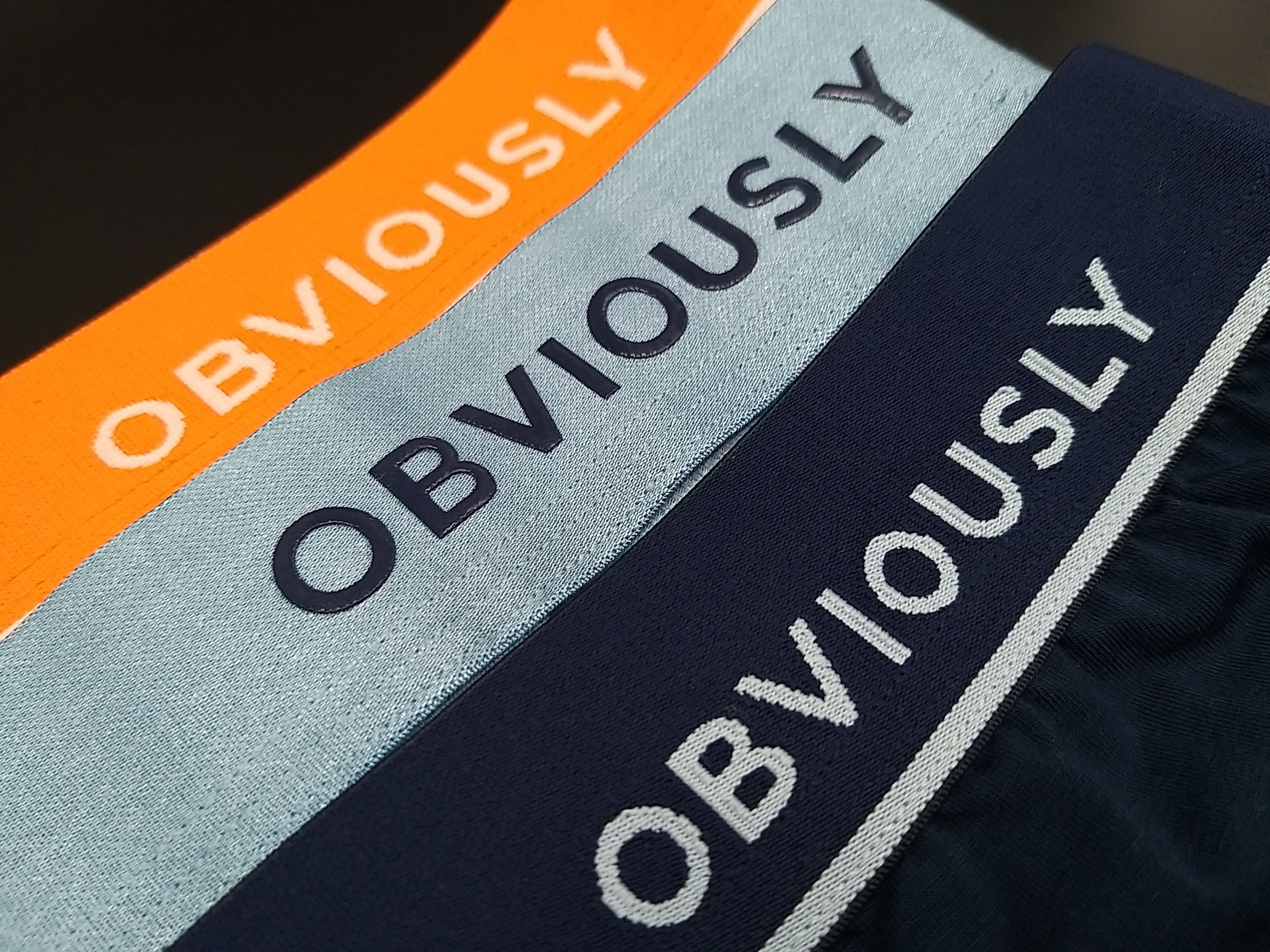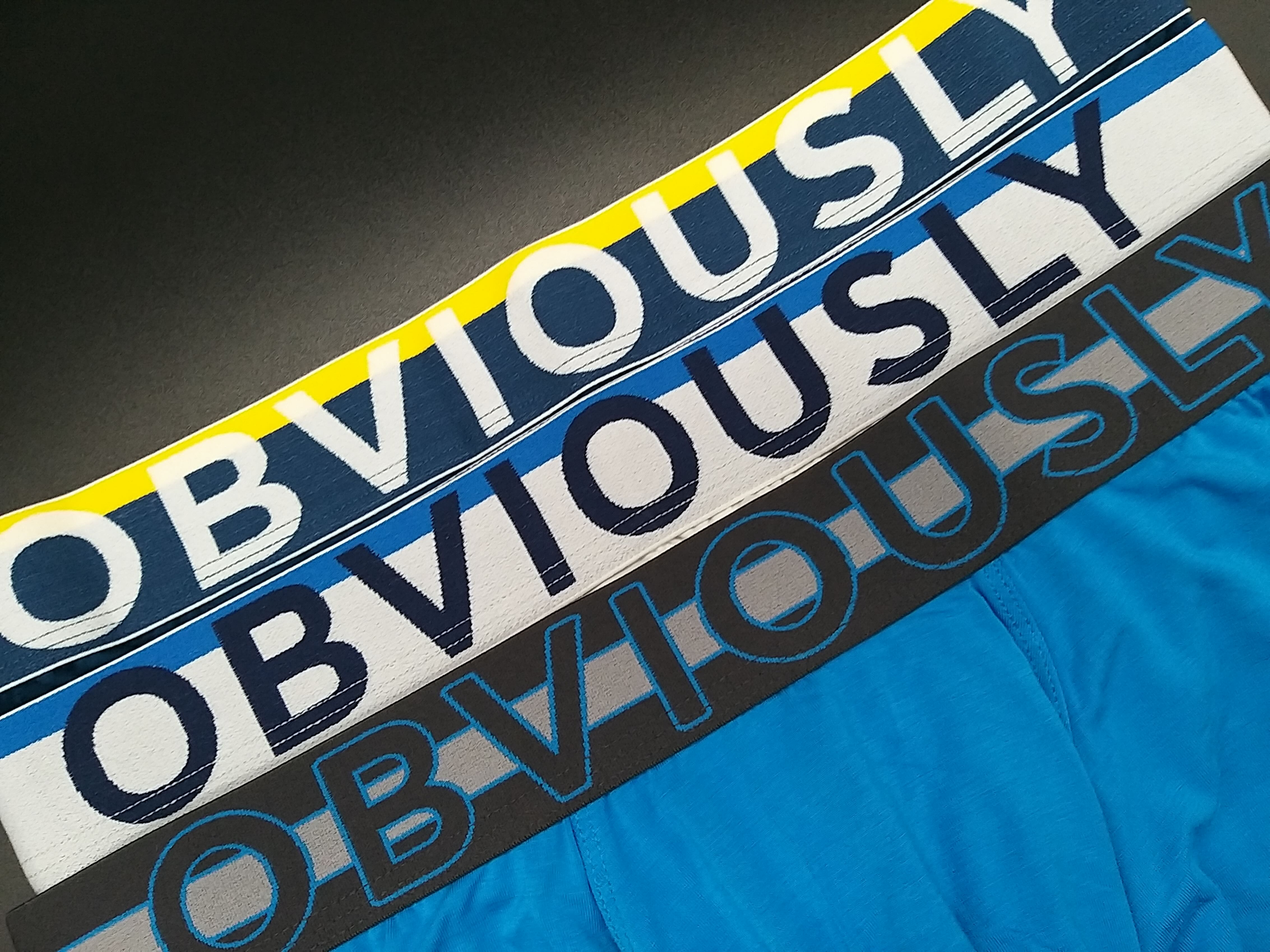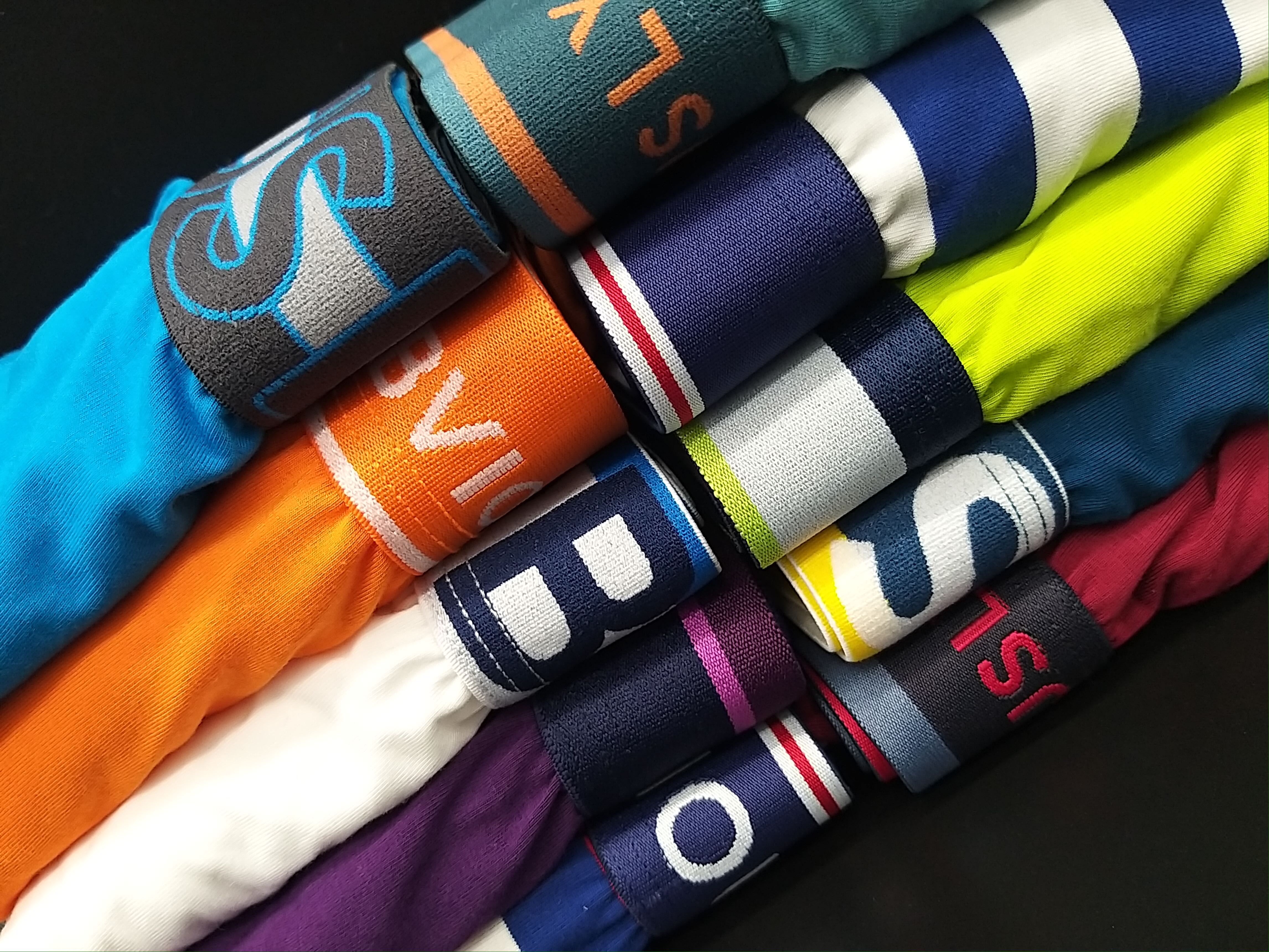
Polyester vs Cotton: Which Is Better?
When it comes to choosing the perfect fabric for your clothing, the debate between polyester and cotton has been ongoing for years. Both fabrics have their own unique qualities and benefits, making it difficult to determine which one is superior. In this article, we will delve into the world of polyester and cotton, exploring their differences in terms of comfort, durability, and environmental impact. Whether you're a fashion enthusiast or simply curious about the fabrics you wear, read on to discover which fabric reigns supreme in the battle of polyester vs cotton.
What Is Polyester?
Polyester is a synthetic fiber that is widely used in the textile industry. It is made from a polymer called polyethylene terephthalate (PET), which is derived from petroleum. Polyester is known for its durability, wrinkle resistance, and ability to retain its shape, making it a popular choice for various clothing items, including shirts, dresses, and activewear.
What Is The Difference Between Polyester and Cotton?
Comfort
Polyester and cotton have distinct differences in terms of comfort due to their inherent properties. Cotton, a natural fiber, is renowned for its softness, providing a comfortable and gentle feel against the skin. However, while cotton is known for its softness, it may not offer the same level of breathability as other fabrics. Unlike polyester, cotton may not be the most effective at moisture-wicking, which means it may not efficiently draw moisture away from the skin to keep the body cool and dry.
Polyester, as a synthetic fabric, has different characteristics compared to cotton when it comes to comfort. While polyester is lightweight and offers durability, it is generally considered to be less breathable than cotton. Its tightly woven structure restricts the flow of air, which can result in a less comfortable wearing experience, particularly in hot and humid conditions. Additionally, polyester is not as absorbent as cotton, which means it may retain moisture and feel less comfortable against the skin.
Durability
When it comes to durability, polyester has the upper hand. Polyester is a highly durable fabric that can withstand frequent washing, stretching, and general wear and tear. It is resistant to wrinkles, shrinking, and fading, making it a long-lasting choice for clothing items. Polyester also has good abrasion resistance, making it less prone to pilling or fraying.
Cotton, while still a durable fabric, is not as resilient as polyester. It may shrink or fade over time, especially if not cared for properly. Cotton is also more prone to wrinkling, which may require ironing or steaming to maintain a neat appearance. However, the durability of cotton can vary depending on the quality and weave of the fabric.
Environmental Impact
In terms of environmental impact, cotton is considered more sustainable compared to polyester. Cotton is a natural fiber that is biodegradable and renewable. It is derived from the cotton plant, which can be grown without the use of harmful chemicals or pesticides. However, conventional cotton farming practices can have negative environmental effects due to excessive water usage and the use of pesticides.
Polyester, being a synthetic fabric, is derived from petroleum, a non-renewable resource. The production of polyester involves energy-intensive processes and the release of greenhouse gases. Additionally, polyester is not biodegradable and can contribute to microplastic pollution when washed.
Aesthetic and Style
Cotton and polyester also differ in terms of aesthetics and style. Cotton has a natural, soft appearance and a classic look. It is often associated with a more casual and relaxed style, making it a popular choice for everyday wear and loungewear. Cotton fabrics can come in various textures, such as jersey, twill, or denim, offering versatility in terms of style.
Polyester, being a synthetic fabric, can have a more polished and sleek appearance. It has a smooth texture and can be easily manipulated to create different finishes, such as satin or silk-like sheens. Polyester fabrics are often used in more formal or structured garments, as well as in activewear, due to their ability to retain shape and resist wrinkles.

How Does Polyester Compare To Cotton In Terms Of Performance?
When comparing the performance of polyester and cotton, it's important to note that both fabrics have their own unique qualities. Polyester is known for its durability and resistance to wrinkles, while cotton offers breathability and softness. However, for those seeking more sustainable options, bamboo rayon and micromodal are often considered superior choices. Bamboo rayon provides softness, breathability, and moisture-wicking properties, while micromodal offers exceptional softness, breathability, and moisture management. These alternatives prioritize both performance and sustainability, making them excellent options for fashion enthusiasts.
Does Polyester or Cotton Shrink More In The Wash?
Polyester is generally more resistant to shrinking in comparison to cotton. Polyester fibers have a higher level of elasticity and are less prone to shrinking when exposed to heat and moisture during the washing process. This makes polyester a more reliable choice for maintaining the original size and shape of garments after washing.
On the other hand, cotton has a higher tendency to shrink when washed and dried. Cotton fibers have a natural tendency to contract when exposed to heat and moisture, causing the fabric to shrink. To minimize shrinkage, it is recommended to follow proper care instructions for cotton garments, such as washing in cold water and air-drying or using a low heat setting in the dryer.
Is Polyester or Cotton More Prone To Pilling?
Polyester is generally less prone to pilling compared to cotton. Pilling occurs when loose fibers on the fabric surface tangle together and form small balls or pills. Polyester fibers are more resistant to abrasion, which helps prevent the formation of pills. This makes polyester a more durable option that maintains its smooth appearance over time.
Cotton is more likely to pill due to its natural fiber structure. Cotton fibers can loosen and intertwine during wear and washing, leading to the formation of pills. However, the likelihood and severity of pilling can vary depending on the quality and weave of the cotton fabric.
What Are The Disadvantages Of Polyester?
One of the main drawbacks of polyester is its lack of breathability. Polyester is a synthetic fabric that does not allow air to pass through as easily as natural fibers like cotton. This can result in a less comfortable wearing experience, especially in hot and humid conditions. Additionally, polyester is not as absorbent as cotton, which means it may retain moisture and feel less comfortable against the skin.
Another disadvantage of polyester is its environmental impact. Polyester is derived from petroleum, a non-renewable resource, and its production involves energy-intensive processes. Additionally, polyester is not biodegradable and can contribute to microplastic pollution when washed. While efforts are being made to produce more sustainable forms of polyester, such as recycled polyester, the overall environmental impact of polyester production remains a concern.
What Are The Disadvantages Of Cotton?
One of the main drawbacks of cotton is its tendency to shrink. Cotton fibers have a natural tendency to contract when exposed to heat and moisture, which can cause garments to shrink after washing. This can be frustrating, especially if proper care instructions are not followed.
Another disadvantage of cotton is its susceptibility to wrinkling. Cotton fabrics are prone to wrinkling, and garments made from cotton may require ironing or steaming to maintain a neat appearance. This can be time-consuming and may require additional effort in garment care.
Additionally, conventional cotton farming practices can have negative environmental impacts. Cotton is a water-intensive crop, and the use of pesticides and chemicals in conventional cotton farming can contribute to water pollution and soil degradation.
What Are The Best Alternatives To Polyester and Cotton?
Bamboo rayon is a sustainable fabric made from bamboo pulp. It offers several advantages, including exceptional softness, breathability, and moisture-wicking properties. Bamboo rayon is known for its ability to keep the body cool and dry, making it a great choice for activewear and clothing worn in hot and humid climates. Additionally, bamboo rayon is naturally hypoallergenic and has antimicrobial properties, making it suitable for those with sensitive skin.
Micromodal, derived from beech tree pulp, is another excellent alternative to polyester and cotton. It is highly regarded for its luxurious softness, lightweight feel, and exceptional breathability. Micromodal fabric has excellent moisture-wicking capabilities, keeping the body cool and dry even during intense physical activities. It also has a natural resistance to pilling, ensuring that garments made from micromodal retain their smooth and pristine appearance over time.
Both bamboo rayon and micromodal are sustainable options as they are derived from renewable resources and produced using eco-friendly processes. These fabrics offer a combination of comfort, performance, and sustainability, making them ideal choices for fashion-forward consumers who prioritize both style and environmental consciousness.
Conclusion
In conclusion, the debate between polyester and cotton ultimately comes down to personal preferences and specific needs. Polyester offers durability, wrinkle resistance, and easy care, making it a popular choice for many. On the other hand, cotton provides breathability, softness, and a natural feel against the skin. However, for those seeking more sustainable alternatives, bamboo rayon and micromodal offer superior options. These fabrics combine comfort, performance, and eco-friendliness, making them excellent choices for fashion enthusiasts who want to make conscious decisions about their clothing. Ultimately, understanding the characteristics and drawbacks of each fabric empowers individuals to make informed choices that align with their values and needs.
Final Thoughts
Are you tired of uncomfortable and poorly fitting underwear? Look no further than Obviously Apparel for a refreshing change. Our versatile range of underwear styles, including boxer briefs, jockstraps, trunks, and more, are meticulously crafted with premium materials to provide the ultimate comfort and support. Enhance your underwear collection today with Obviously Apparel and experience the difference for yourself.
Sources
- https://www.homegrowncotton.us/blog/what-you-need-to-know-about-cotton-shrinking
- https://sewport.com/fabrics-directory/polyester-fabric
- https://www.sciencedirect.com/topics/engineering/cotton-fibre
- https://www.masterclass.com/articles/polyester-fabric-guide
- https://www.cnbc.com/2021/05/31/sustainability-in-fashion-why-polyester-is-a-problem-for-the-industry.html
- https://mgoofashion.com/does-cotton-tend-to-pill-or-not/




